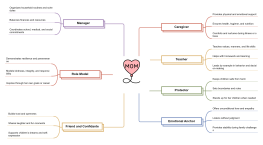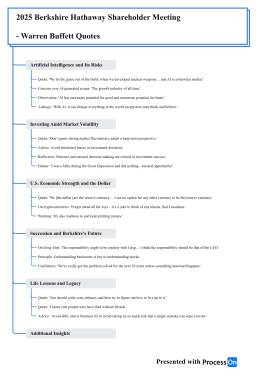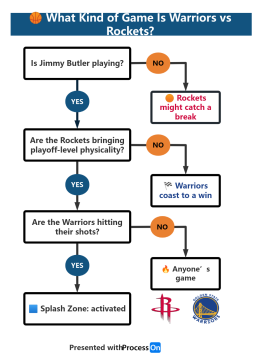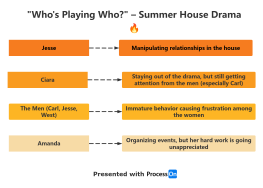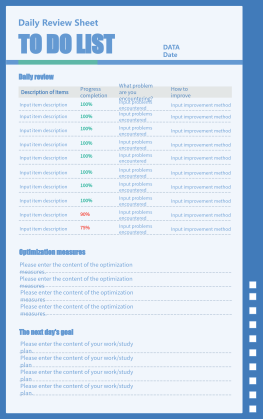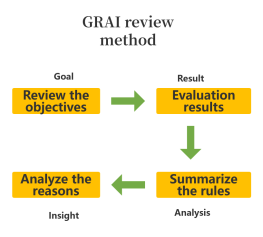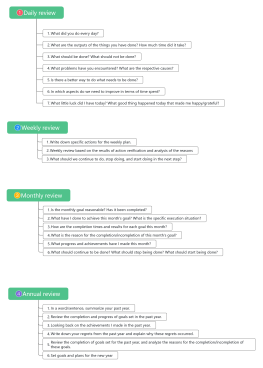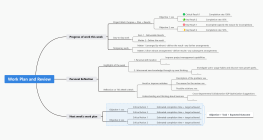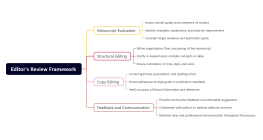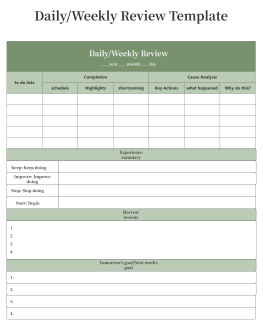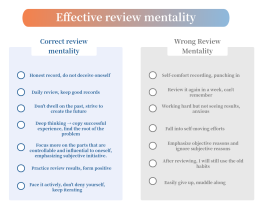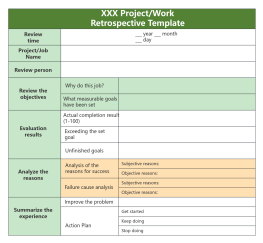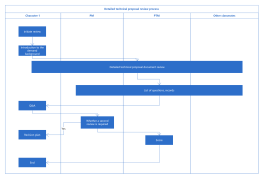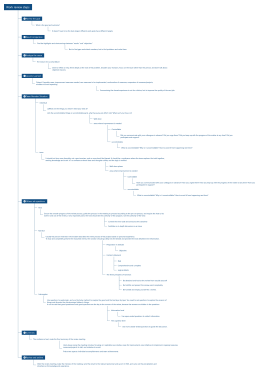Review principles and misunderstandings
2024-11-22 18:30:21 148 0 Report 0
0
Login to view full content
This mind map delves into the principles and common misunderstandings associated with the review process. At its core, it emphasizes the importance of setting goals based on the SMART criteria—specific, measurable, attainable, relevant, and time-bound—to ensure effective reviews. It advocates for timely and objective evaluations, encouraging in-depth analysis to uncover root causes and develop actionable solutions. The map also highlights prevalent misunderstandings, such as lack of focus, inadequate classification, and superficial analysis, which can hinder the review's effectiveness. By addressing these pitfalls, the mind map aims to enhance the quality and impact of the review process.
Other creations by the author
Outline/Content
Review Principle
The goal should follow the SMART principle.
The goal must have the following five characteristics: specificity (Specific), measurability (Measurable), achievability (Attainable), relevance (Relevant), and time-bound (Time-bound), that is, the goal must be specific and measurable, consistent with the overall goal, and have a clear deadline.
Record more process steps
Timely review, it is easier to burst out new angles and measures, because the memory, feelings and thinking at this time are more vivid.
Timely review after the event
After completing the stage goal, timely review, remember to review the process after it is over, otherwise it will fade over time and the process and thinking and emotions at that time.
Objectively review
During the review process, we need to constantly ask ourselves why, delve deeply into the underlying causes of the problem, and continuously explore the essence of the problem. Remember not to stay on the surface of the problem and do ineffective reviews.
Need to solve the problem
After finding problems in the review, we must find corresponding solutions, break them down into action plans, and further verify the effectiveness of the solutions. This is the important significance of the review.
Misunderstandings in Review
The review lacks a focus.
Reviewing all the things you've done recently without distinction is time and energy consuming, making it difficult to persist in reviewing later.
It is suggested to focus on reviewing important matters or special matters on the same day. For other matters, you can briefly go through them or even directly summarize the lessons learned.
It is suggested to focus on reviewing important matters or special matters on the same day. For other matters, you can briefly go through them or even directly summarize the lessons learned.
Review without classification
Review is to categorize and summarize (work, life, study), which facilitates in-depth and accurate thinking. Different standards and perspectives will also make thinking clearer.
Only analyze without providing adjustment solutions
The review should focus more on improving actions, and continuous adjustments should be implemented and followed up, which is the essence of the review.
Analysis is too general
For example: not careful enough during execution, too careless. What is the standard for being careful?
The review process is just a formality.
The key point of review is the process of thinking and subsequent improvements, remember not to fall into formality.
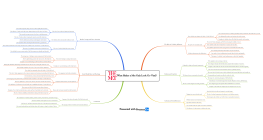
Collect
0 Comments
Next page

